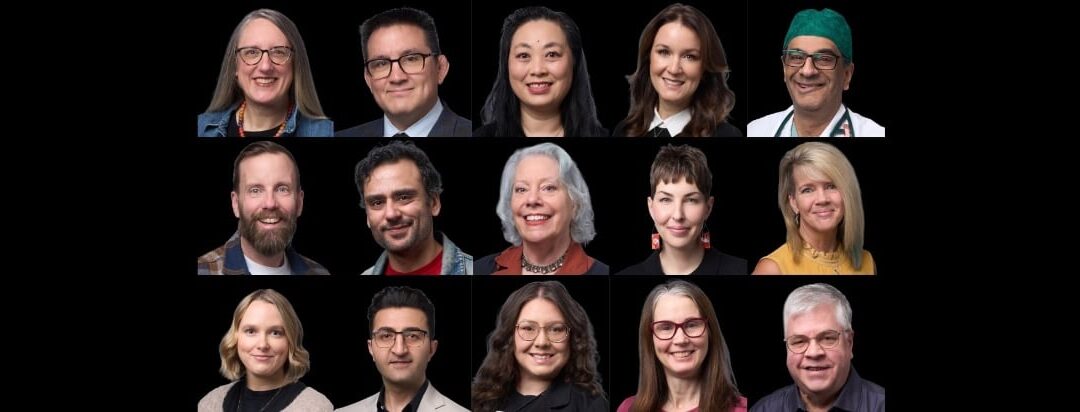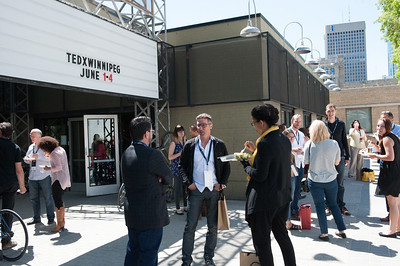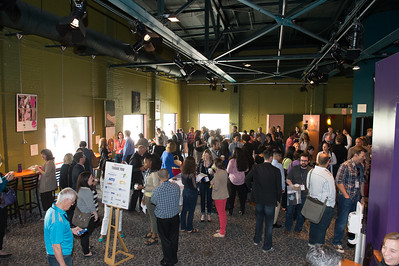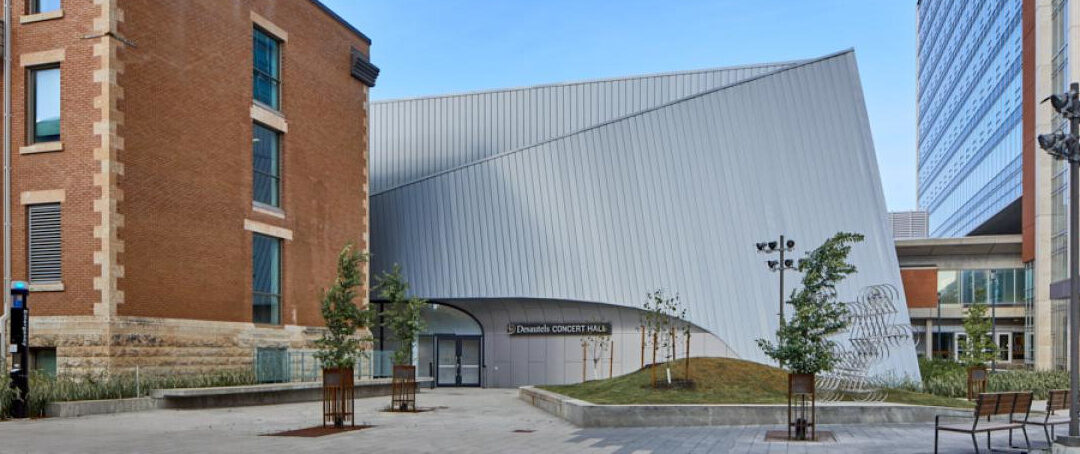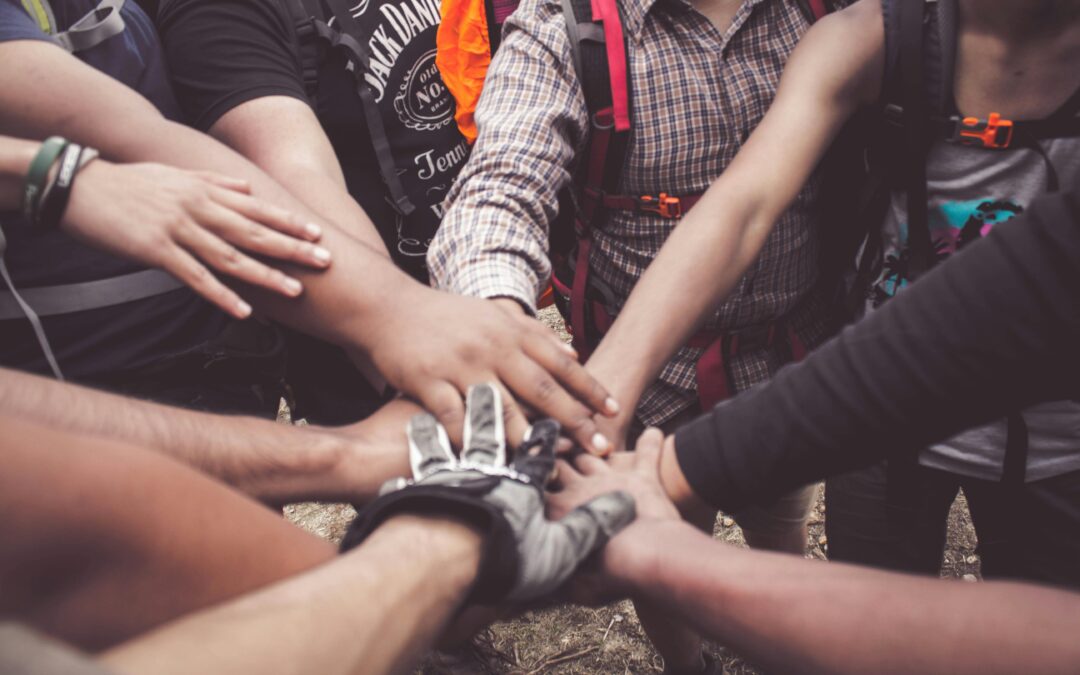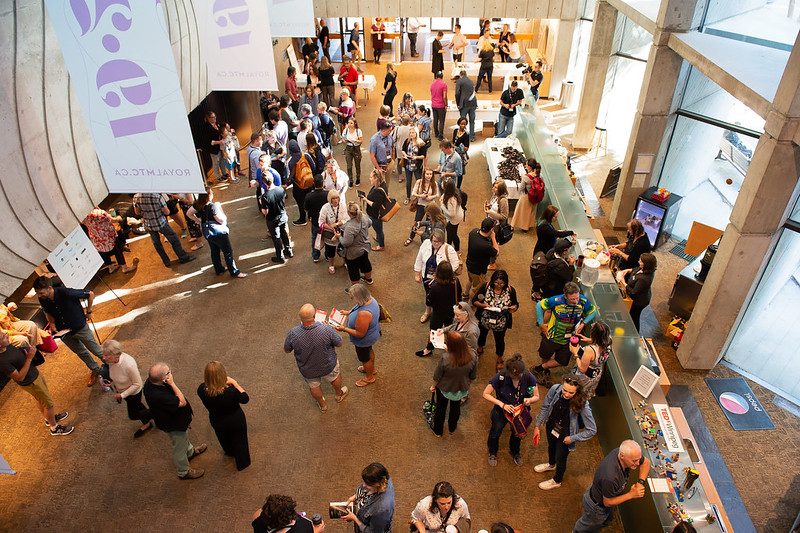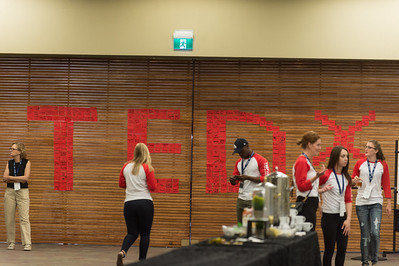Matthew Shorting is Anishinaabe living on Treaty 1 Territory and is a member of the Little Saskatchewan First Nation Treaty 2. He was placed in the Manitoba Child Welfare system at 5 months old, becoming a permanent ward at 6 until the age of 18. He now shares how he heals from intergenerational trauma to holistic well-being.
Matthew has become an advocate for the better treatment of our Indigenous and non-Indigenous children and families. He brings to light the deficiencies of many systems such as justice, education and child welfare so that appropriate solutions can be achieved on an individual basis and through the self-determination of our Nations.
We caught up with him to pose him a few questions before June 26, check it out:
What’s your connection to Winnipeg, or Manitoba?
Winnipeg is where my heart lays, where I live and breath. I further knew that when I moved away in the Spring of 2011 to Vancouver, Canada and got excruciatingly home sick!!! Can you imagine hearing conversations sparked everywhere that The Winnipeg Jets were back when you just moved?
I shortly moved back and haven’t thought of moving since. If you were to shake my family tree you would find people who were here before it was ever called Winnipeg, Manitoba. The Village and I have raised my daughter here for 10 years. My family’s has had the luxury of education from here. During, my free time I like to volunteer for Winnipeg’s Bear Clan Patrol, Meet me at the Belltower, and Ogijiita Pimatiswin Kinamatwin. I’ve been recognized as a hero by the LT Governor and as a profound speaker and helper by the people of Winnipeg.
What’s the best thing you’ve read in the past year?
Milk and Honey By Rupi Kaur. The poetry in there is electrifying, extraordinary and paradigm shifting. Very heartfelt spirit food in there. Milk and Honey is a assembly of poetry about survival and lived experience. It is about the experience of violence, abuse, love, loss, and femininity.
Milk and Honey took me through a journey of the most bitter moments in life and then to find sweetness in them because there is sweetness everywhere if you are just willing to look. It taught me your perception can be your power or your prison. This book helped me to connect to my daughter on a deeper level and the experiences woman have living in our world.
It was and is important to listen to the experiences of woman to me. Especially while living with so many Missing and Murdered Indigenous woman, men and two spirited people.
If you could witness any historical event, which one would you choose?
If I could choose a historical event it would definitely be The Dinosaur age.
Have you ever ridden a horse ? Well, imagine riding a Megaraptor across the great plains with the moon beaming.
How about having a Psittacosaurus as a pet that follows you wherever you go.
Or maybe eat a tree with Brachiosaurus or possibly just some leaves. Don’t know these dinosaur names ? Neither do I , I just Googled them just now (laugh out loud!) It be fun to Swim with a Spinsauraus and dodge getting eating because ‘’humans are friends and not food right?’’
I would without doubt try and cook some T-Rex meat just to of had the most feared dinosaur food with some of those leaves I mentioned earlier. I would even go so far as to imagine flying with a Pterodactyl. Ultimately, on this grand journey, I would die of an asteroid or volcano activity and of lived a grand adventure with them living life to the fullest.
What do you consider the most overrated virtue?
I would link the most overrated virtue to Righteousness. Too many people in arguments and interpersonal relations care more about being right then how the other person feels. If your only goal in conflict is to be right and not see the other persons point of view or how they are feeling, then this will challenge you. We will not effect change through shame or fear. Being righteous also does not make a person better then another either.
Would you rather live 100 years in the past or 100 years in the future?
As an Indigenous person living in Canada, one hundred years ago would of been an awful time to be alive with all the subjugated injustices and Human Rights Violations happening.
So, I would have to say that a time I would like to be alive in would be in 100 years in the future whereas social justice, equity and equality are the status quo and where were all free from the many forms of discrimination whether it be ableism, ageism sexism or classism to name a few.
I would love to see a future with Climate Justice, Universal Child Care, Poverty Reduction Plans, Justice Reform, Newcomer and Indigenous Partnerships, National Housing Strategy, Free Higher Education as a Basic Human Right and Public good, Free Addiction Treatment and Comprehensive Healthcare, Prisoners to rehabilitate and regain humanity, and a world where LGBTQ2s community are free from discrimination and so much more.
100 years in the future would include a society who is informed and has put into action in Canadian society and abroad the recommendations and inquires made by Indigenous people such as the Penner report released in 1983, Aboriginal Justice Inquiry in November of 1999, The Royal Commission on Aboriginals peoples in 1996, Phoenix Sinclair Inquiry in 2014 , Truth and Reconciliation 94 Calls to action in 2015 and the upcoming Missing and Murdered Indigenous woman Inquiry recommendations.
A society that honors and puts in to play the recommendations made by Manitoba’s Advocate such as
A Place Where it Feels Like Home: The Story of Tina Fontaine March 12, 2019
Learning from Nelson Mandela: A Report on the Use of Solitary Confinement and Pepper Spray in Manitoba Youth Custody Facilities February 2019
In Need of Protection: Angel’s Story Dec 2018
A society that also is informed of, adopts, and implements the international humans rights treaties such as:
International Convention on the Elimination of All Forms of Racial Discrimination 1963.
International Covenant on Economic, Social and Cultural Rights 1966.
The United Nations Declaration on the Rights of Indigenous Peoples 2007.
There is much that has been done and there will be much for us to all do and everyone has to come together so we can better our future generations quality of life. This is a future I want to live in.
Have you ever had a teacher or professor that made a real impact on you?
My teachers have been Indigenous knowledge keepers who have and continue to pass me the longstanding Anishinaabe Pedagogy and Worldviews. I truly believe that indigenous knowledge will save the world.
What TED Talk do you think everyone should see?
I would love everyone to watch Brené Brown’s TED Talk “Listening to Shame”

